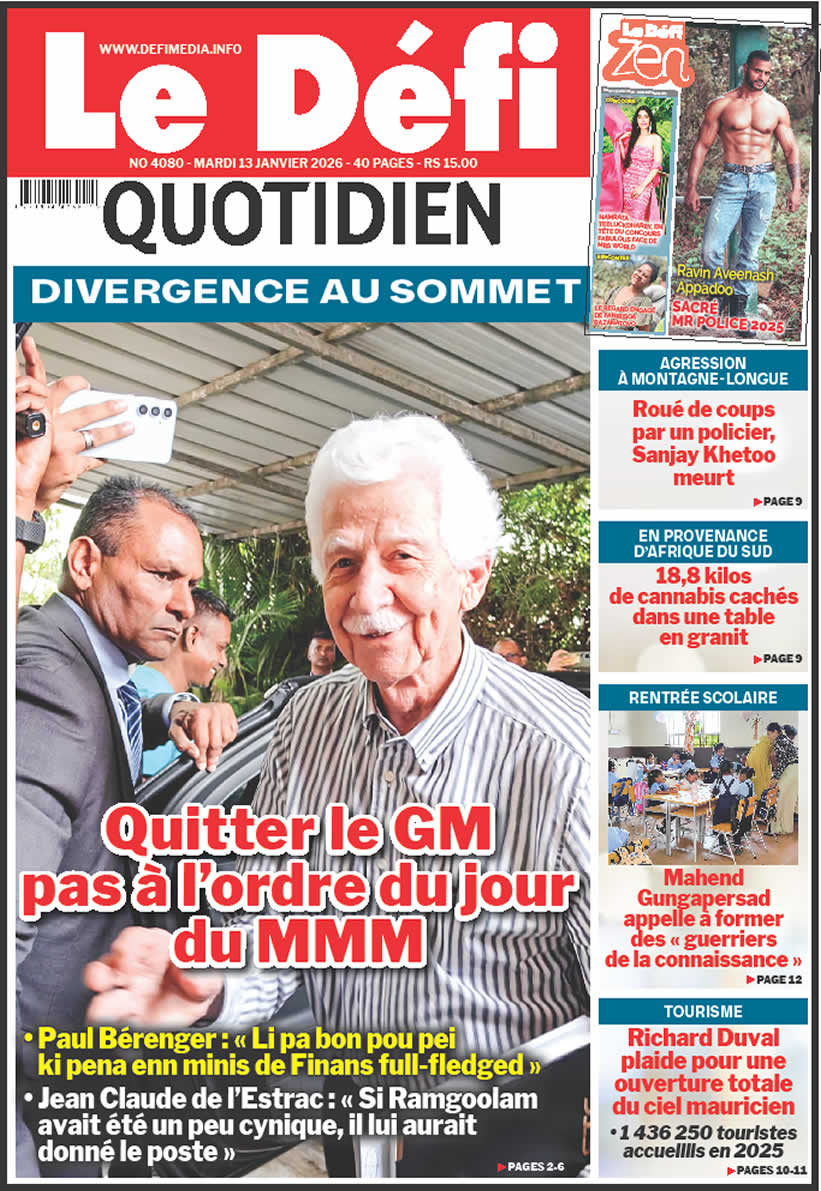
On 8th September, International Literacy Day is observed across the world under the theme of ‘Literacy in a digital world’. Digital technologies are basically changing the way people live, work, learn and socialise. Young professionals highlight the challenges in promoting literacy in the digital world where, despite progress, at least 750 million adults and 264 million out-of-school children still lack basic literacy skills.
Mansa Daby : “Make intelligent and optimal use of digital tools”
 To think that digitalisation poses a challenge to literacy is to believe in a cliché idea that precisely impedes the expansion of literacy in a digital society, highlights Mansa. “Too often we hear people express the opinion that younger generations lack language proficiency because they ‘do not read’, implying that literacy development only happens through contact with printed reading material. The actual challenge is to make intelligent and optimal use of digital tools to promote literacy, as well as to customize literacy skills to meet the manpower needs of a digital economy. We need to keep pace with technology to complement teaching and learning.”
To think that digitalisation poses a challenge to literacy is to believe in a cliché idea that precisely impedes the expansion of literacy in a digital society, highlights Mansa. “Too often we hear people express the opinion that younger generations lack language proficiency because they ‘do not read’, implying that literacy development only happens through contact with printed reading material. The actual challenge is to make intelligent and optimal use of digital tools to promote literacy, as well as to customize literacy skills to meet the manpower needs of a digital economy. We need to keep pace with technology to complement teaching and learning.”
Deepak Maunthrooa : “Setting up new aspect of literacy”
 Promoting literacy in this digital era is a challenge that each and every country of the world needs to face and tackle, and Mauritius is no exception, says Deepak. “Our current literacy rate is way better to what it was some decades back and it can be said that we are on the right track. All those schools and colleges built for the purpose of education provide a testimony to this. Education for all, this is what is being promoted, not to forget the wish to take all our students on board the reform wagon that is being put into place with the Nine-Year Continuous Basic Education.” For him, the real challenge is for reading to be conducted with full comprehension and critical thinking is generated.
Promoting literacy in this digital era is a challenge that each and every country of the world needs to face and tackle, and Mauritius is no exception, says Deepak. “Our current literacy rate is way better to what it was some decades back and it can be said that we are on the right track. All those schools and colleges built for the purpose of education provide a testimony to this. Education for all, this is what is being promoted, not to forget the wish to take all our students on board the reform wagon that is being put into place with the Nine-Year Continuous Basic Education.” For him, the real challenge is for reading to be conducted with full comprehension and critical thinking is generated.
Chetan Gukhool : “We need constant updates of digital contents”
 Chetan Gukhool states that literacy and technology have long been coined as pillars of modern education. “Mauritius has so far encouraged digital education with a view to encourage a new learning perspective. Moreover, there is an increasing investment program which aims to better equip primary and secondary schools, digitally. E-Learning is something which is also easily accessible in Mauritius in line to expand E-Education.” However, the educator says that there are many challenges that we might face. “Students and teachers should both be trained and be provided with required facilities. The culture of E-Education will imply constant updates of digital contents inducing heavy capital investment. Another major challenge would be to dissociate the concept of learning to printed text and white/black board delivery. If students are nowadays more versatile digitally, they should also be sensitised and educated to make effective use of E-Education.”
Chetan Gukhool states that literacy and technology have long been coined as pillars of modern education. “Mauritius has so far encouraged digital education with a view to encourage a new learning perspective. Moreover, there is an increasing investment program which aims to better equip primary and secondary schools, digitally. E-Learning is something which is also easily accessible in Mauritius in line to expand E-Education.” However, the educator says that there are many challenges that we might face. “Students and teachers should both be trained and be provided with required facilities. The culture of E-Education will imply constant updates of digital contents inducing heavy capital investment. Another major challenge would be to dissociate the concept of learning to printed text and white/black board delivery. If students are nowadays more versatile digitally, they should also be sensitised and educated to make effective use of E-Education.”
Mohammad Fawzi Allymun : “A step forward to enhance living conditions”
 One of the major challenges of digital literacy is to ensure that there is no disparity between the rich and the poor, says Fawzi. “The Government priority is to make sure that students get access to different types of media so that effective learning takes place. Nonetheless, the question to be asked is: Do we have enough trained educators or resource persons to undertake the job? However, Mauritius has to move forward and be ready to embrace all these challenges, as it is a step forward to enhance living conditions and transform lives.”
One of the major challenges of digital literacy is to ensure that there is no disparity between the rich and the poor, says Fawzi. “The Government priority is to make sure that students get access to different types of media so that effective learning takes place. Nonetheless, the question to be asked is: Do we have enough trained educators or resource persons to undertake the job? However, Mauritius has to move forward and be ready to embrace all these challenges, as it is a step forward to enhance living conditions and transform lives.”
Kirtideva Peruman : “Improve the quality of learning”
 According to Kirtideva, on a global scale, information is shared not only on our “good” old paper but much more through the new age media culture, for example, live-streamed radios or late-night TV shows. “Initially, students could be more motivated with the new technologies. However, a misuse of the latter could make the individual feel less supported and hence, leads to demotivation. Also, there is a possibility that unenthusiastic students could engage less with learning without a dynamic tutor. Furthermore, certain skills could not be taught on the virtual platforms as learning is normally a social activity and sometimes requires face-to-face interaction.”
According to Kirtideva, on a global scale, information is shared not only on our “good” old paper but much more through the new age media culture, for example, live-streamed radios or late-night TV shows. “Initially, students could be more motivated with the new technologies. However, a misuse of the latter could make the individual feel less supported and hence, leads to demotivation. Also, there is a possibility that unenthusiastic students could engage less with learning without a dynamic tutor. Furthermore, certain skills could not be taught on the virtual platforms as learning is normally a social activity and sometimes requires face-to-face interaction.”
He further adds that “the combination of technological and human interaction can be sometimes challenging. Some individuals could feel more at ease to teach without the use of technology whereas others prefer to be updated and keep up the pace with technological advancement in this new era.”
Warda Kataully : “The learning curve is not a steep one”
 Warda Kataully recalls that today, nobody is spared from the invasion of digital devices. “Everyone wants to be educated in the use of digital devices. It’s fairly easy to use. One gets acquainted pretty fast. The learning curve is not a steep one. Even people who don’t know how to read or write can manage. But that doesn’t solve the problem.”
Warda Kataully recalls that today, nobody is spared from the invasion of digital devices. “Everyone wants to be educated in the use of digital devices. It’s fairly easy to use. One gets acquainted pretty fast. The learning curve is not a steep one. Even people who don’t know how to read or write can manage. But that doesn’t solve the problem.”







